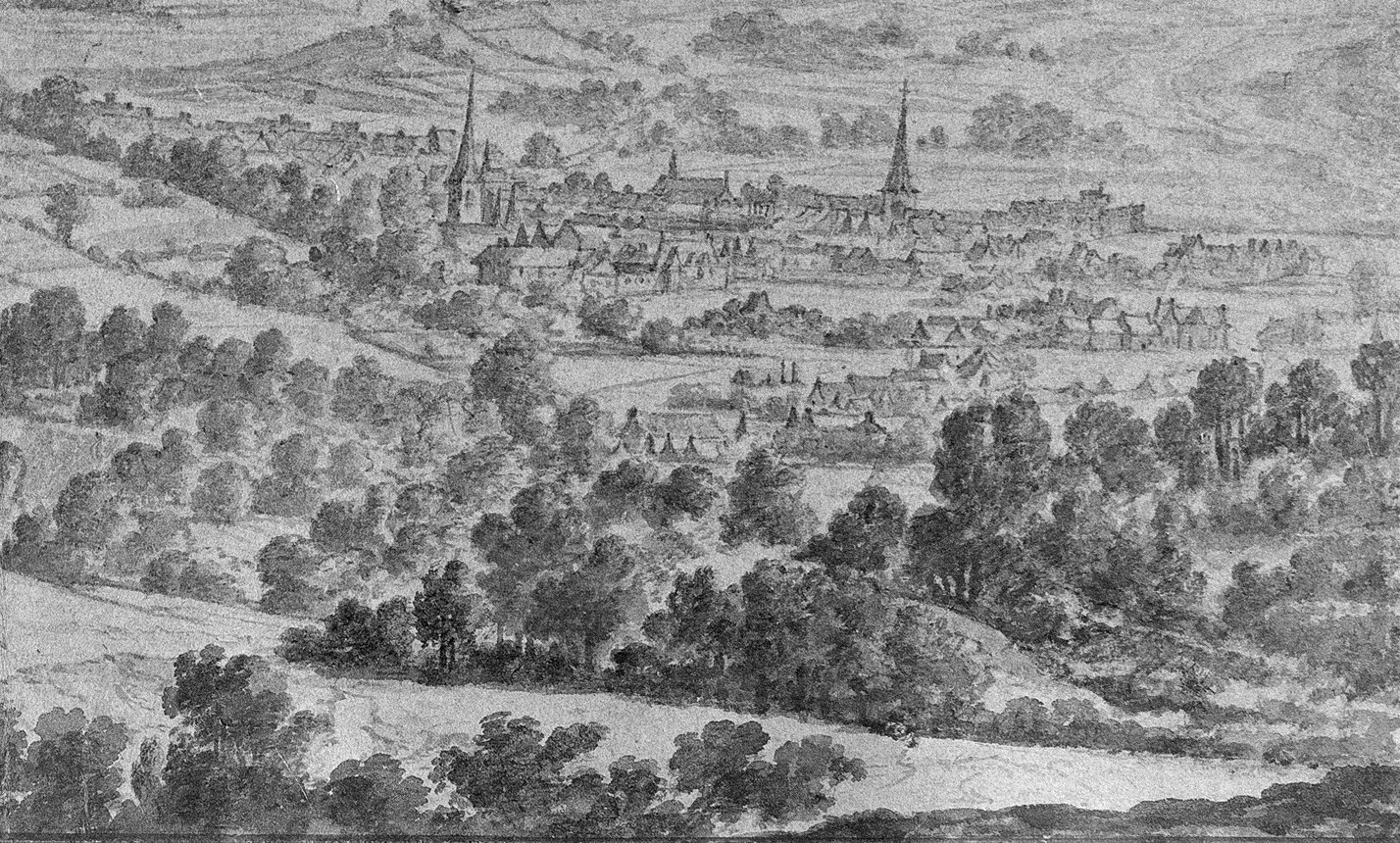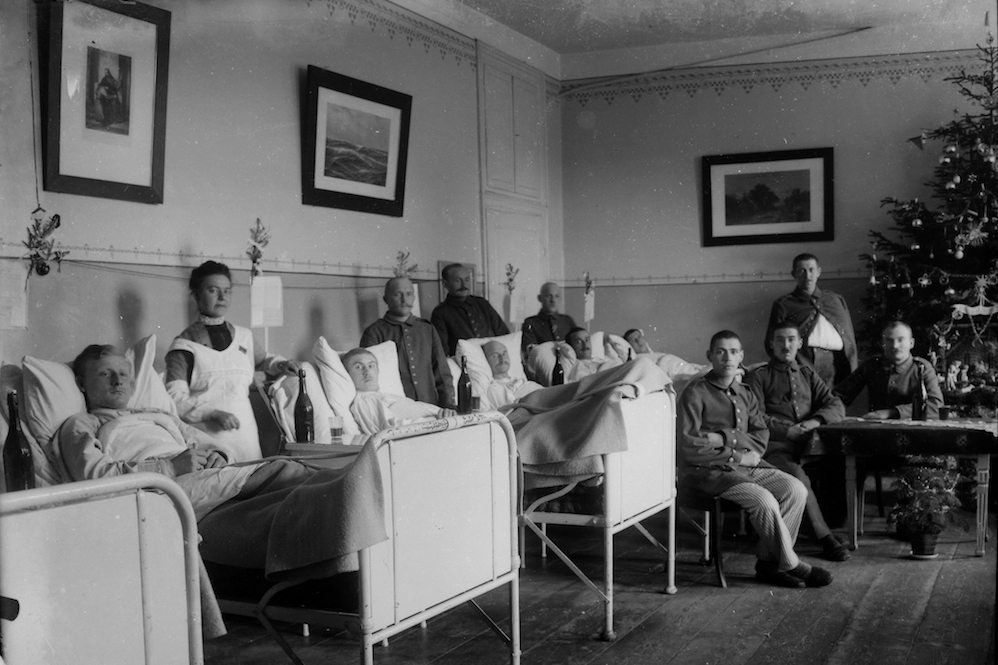Since 1815, what is now East Belgium had belonged to the Kingdom of Prussia, and since 1870 to the German Empire, where it formed the districts of Eupen and Malmedy. The majority of the population identified with the Catholic Church, and from the middle of the 19th century on increasingly with the Kingdom of Prussia, and later the German nation state. Not least, the hyperbolic nationalism of the era was a driving force behind this development.
-
![Michel_Pauly]()
Michel Pauly
Opinion:
‘Compared to the remembrance culture of the Second World War, that of the First World War is almost completely absent in Luxembourg. You don’t need the fingers of both your hands to count memorials or monuments commemorating the First World War in Luxembourg, yet almost every village in Luxembourg has at least one memorial or monument commemorating the Second World War. Luxembourg historiography did not develop an interest in the reappraisal of the First World War in Luxembourg until the 2000s. Personally, I have to say that when I asked older people, no one could really tell me much about this time, because the topic seems to have found no place in Luxembourgish society during the interwar period, and especially not after the Second World War. There are not many stories about the enthusiasm for or rejection of war among the Luxembourgish population at the beginning of or during the First World War, and the few that do exist often stem from legends, or no attempt has yet been made to substantiate them scientifically.’
For a long time, historical research assumed that the citizens of all countries that participated in the war enthusiastically welcomed the outbreak of the war. In the meantime, this myth has been treated with more caution. We know that the reactions were very different.
The image of war enthusiasm also dominated regional historiography. But was this the case? On the one hand, there is evidence for war enthusiasm against the French ‘archenemy’ in the Eupen region and the Eifel; on the other hand, the invasion of Belgium also caused people great concern because it meant a concrete danger of war for the border region. In addition, there existed many cross-border ties of family and friendship. In 1913, exactly 1,029 Belgians lived in the northern part of the region, in the district of Eupen (about 27,000 inhabitants), and 318 in the southern part, in the district of Malmedy (about 35,000 inhabitants). A part of the population was certainly enthusiastic at the beginning of the war, but this enthusiasm quickly gave way to the hard daily struggles that war brought about. The ‘short’ campaign turned into a four-year war of attrition, with millions of deaths. Especially in 1916 and 1917, people in Europe were starving due to failed crops. Every single citizen had to perform ever more services for the war, and war propaganda intensified. In November 1918, when British troops occupied the districts of Eupen and Malmedy, the inhabitants finally realised that ‘their fatherland’ had lost the war.
-
![Adeline_Moons]()
Adeline Moons -
Jeroen Petit
Meinung:
‘In Flanders, there is not really a remembrance culture of wartime enthusiasm. Nevertheless, it is of course often mentioned how bravely ‘poor little Belgium’ held off the all-destroying war machinery of the German Empire for a fortnight. Internationally, it is the Flanders Fields that receive the most attention because it was there that the Allies held out against the Germans. The memory of the atrocities committed by the Germans also lives on. A notable example is how the Germans burned down the Leuven University Library. Also, the extreme anti-Belgian Flemish movement emerged after the First World War. This movement arose [among other things] because monolingual French-speaking officers had been assigned to Flemish regiments.’



